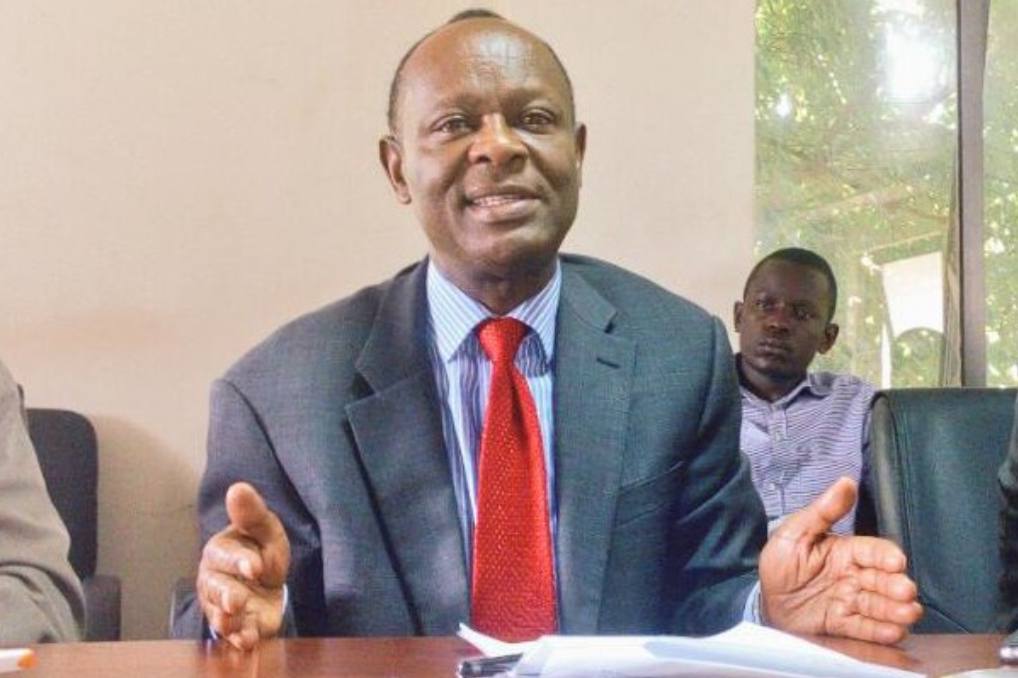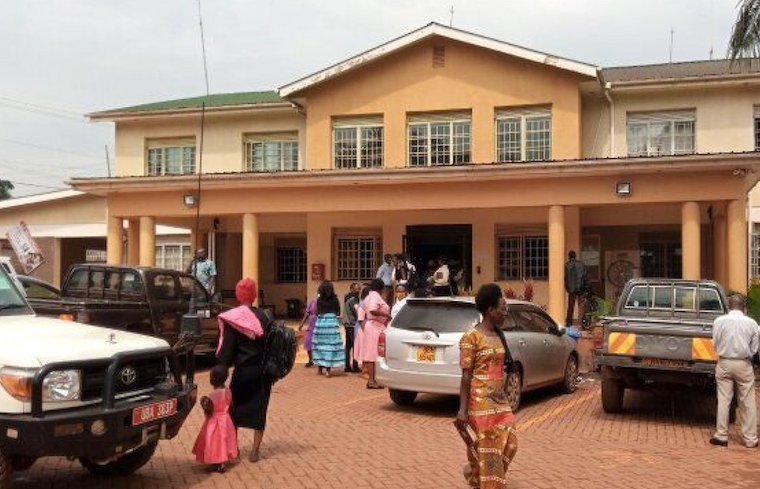
Dr. Henry Mwebesa, director general of health services, Ugandan Ministry of Health. (Photo courtesy of X/Twitter)
By Joto La Jiwe
In a move that seems aimed at limiting the harms done by Uganda’s newly enacted Anti-Homosexuality Act (AHA), the government of Uganda has instructed all health workers to provide full health services to LGBTQI+ persons without subjecting them to any discrimination or stigma.
The ministry instructed health workers and health service providers in both public and private health facilities not to deny, discriminate or stigmatize any individual who seeks health care for any reason, be it gender, religion, tribe, economic or social status or sexual orientation.
“This is to reiterate that the Anti-Homosexuality Act, 2023 does not forbid any person from seeking medical services from a health facility or hospital. Furthermore, all services should be provided in a manner that ensures safety, privacy and confidentiality to all clients that seek health services in public and private health facilities” Mwebesa stated.
The constitution of Uganda recognizes health as a fundamental right for all. For that reason, the Ministry of Health believes that health workers must provide preventive, promotive, curative and rehabilitative health services to all people.
The press release came a little more than a month after the enactment of the AHA, which categorizes all sexually active LGBTQI+ people as outlaws.
It was released the same day the World Bank issued a statement suspending loans to the regime, citing the Anti-Homosexuality Act.
According to Dr. Catherine Kyobutungi, executive director of the African Population and Health Research Center (APHRC), this move by the ministry of health is too little too late.
“Parliament passed a really bad law, the minister of health cheered it, that it will protect our culture, now the ministry is releasing memos. Which law was the minister cheering?” she tweeted.
In response to the press release, Nicholas Opiyo, a renowned human rights advocate and the executive director of Chapter Four Uganda, said that actions of other Ugandan agencies portray a different intention.
“All Ugandans matter & deserve the protection of the law. Simply repeal the law & stop tying yourselves in knots”, he stated.
One gay man (Egesa8) tweeted in reaction to the press release:.“Kira hospital will never give medication to any person who identifies him or herself as gay, I was chased last Monday and I had to get medication from a private hospital Malcom Health Center in Najjera, so all those press releases are just ‘hot air’ “.

Mukono General Hospital (Photo courtesy of the Observer)
Isoke Kennedy Baguma, a human rights advocate, lauded the move by the government in a tweet: “Interesting times for key population groups who seek healthcare services in Uganda. The laws give with one hand and take with another”.
He however noted that such discrimination is evil.
“That’s why the Constitutional Court and a few sober litigants should wake up to stop laws and policies that are contrary to the constitution, the bill of rights, the right to life and health are nonnegotiable whether queer or not” he noted.
Tom (pseudonym), a health worker at Mukono Hospital, says he would not dare treat an LGBT person until the government make it clear that health workers will not be charged for promoting homosexuality or not reporting LGBT persons to authorities.
“I have a feeling that that press release is just a public relations stunt. Press release cannot overturn the law and according to the law, all homosexuals should be in prison”. he said.
Given these mixed responses to the press release, only time will tell if health facilities will open their doors to LGBTQI+ persons as directed by the ministry. It is also not clear what will happen to health workers like Tom who are not ready to comply with the directive.
Joto La Jiwe, the author of this article, is a Ugandan correspondent for the African Human Rights Media Network. He writes under a pseudonym. Contact him at [email protected].
Source: African Human Rights Media Network member Erasing 76 Crimes.
COMMENTS